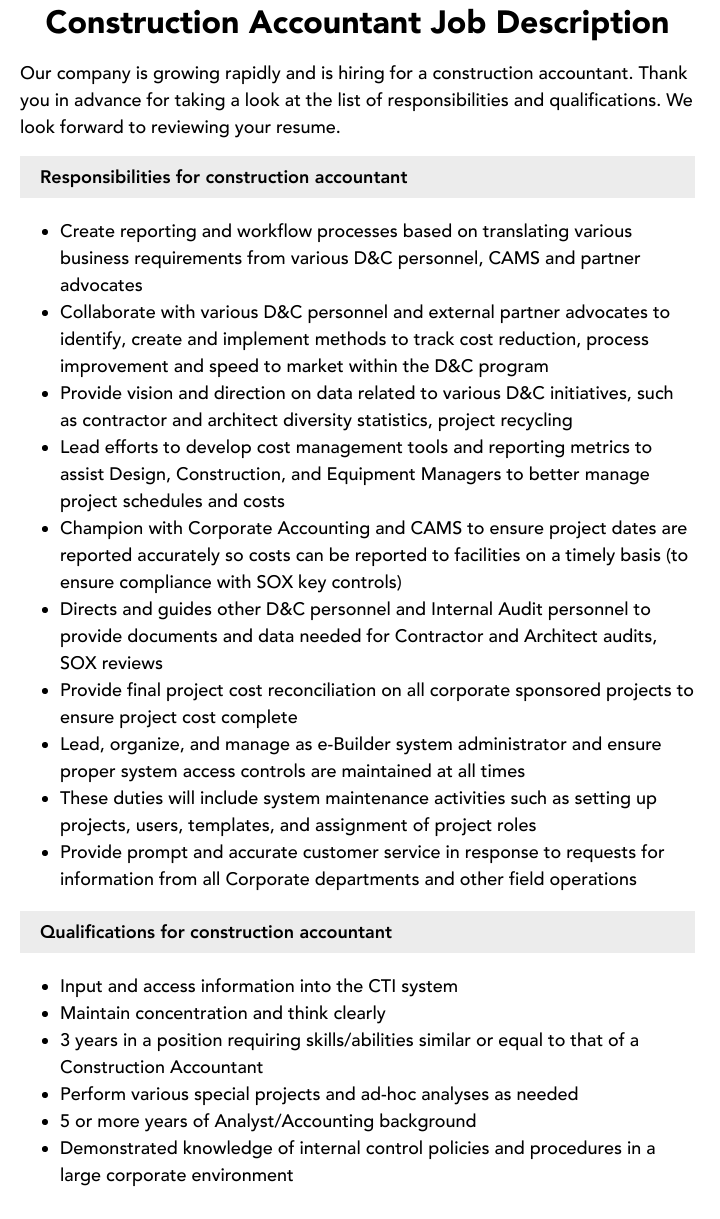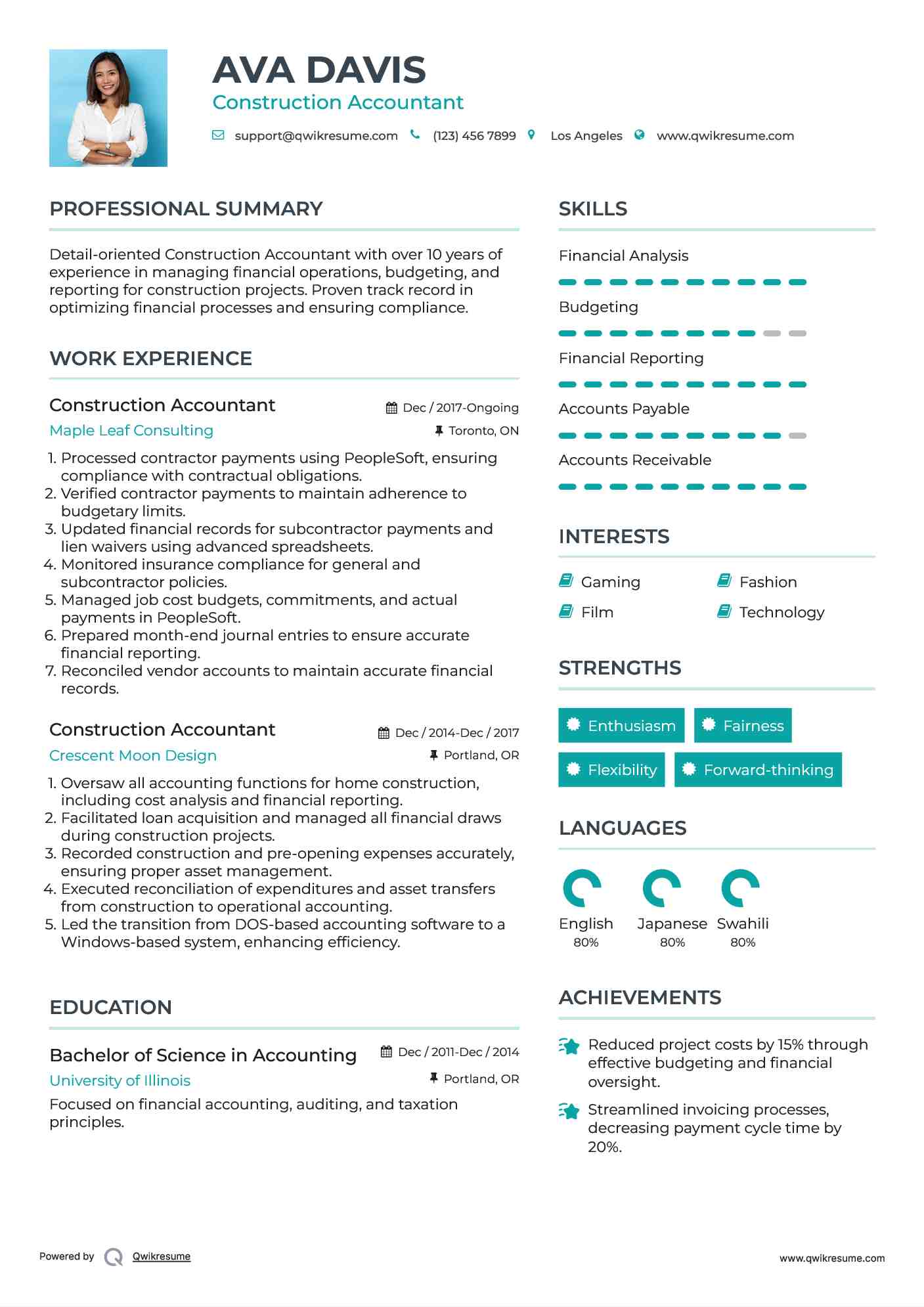Pvm Accounting Fundamentals Explained
Pvm Accounting Fundamentals Explained
Blog Article
The Best Guide To Pvm Accounting
Table of ContentsThe Definitive Guide to Pvm Accounting6 Easy Facts About Pvm Accounting ShownUnknown Facts About Pvm AccountingNot known Factual Statements About Pvm Accounting Some Known Facts About Pvm Accounting.The Ultimate Guide To Pvm AccountingExcitement About Pvm AccountingThe smart Trick of Pvm Accounting That Nobody is Discussing
Among the main reasons for executing audit in building and construction tasks is the demand for economic control and management. Building tasks often require considerable investments in labor, products, tools, and other resources. Proper accounting enables stakeholders to monitor and manage these funds effectively. Audit systems offer real-time understandings right into project prices, income, and profitability, allowing project supervisors to quickly recognize possible issues and take rehabilitative actions.
Audit systems enable companies to monitor money circulations in real-time, making sure enough funds are readily available to cover costs and satisfy economic commitments. Efficient cash flow management helps stop liquidity situations and keeps the project on course. https://www.pubpub.org/user/leonel-centeno. Construction tasks are subject to different financial requireds and coverage needs. Proper audit makes sure that all economic purchases are recorded properly which the task adheres to bookkeeping standards and contractual contracts.
A Biased View of Pvm Accounting
This decreases waste and boosts task performance. To better understand the value of bookkeeping in construction, it's likewise crucial to differentiate between building monitoring accountancy and project monitoring bookkeeping.
It focuses on the economic facets of individual building projects, such as price evaluation, cost control, budgeting, and capital monitoring for a specific project. Both kinds of audit are vital, and they complement each other. Building and construction administration audit guarantees the business's financial health and wellness, while job management audit ensures the economic success of individual projects.
Pvm Accounting Fundamentals Explained

A crucial thinker is called for, that will deal with others to choose within their locations of responsibility and to surpass the locations' work processes. The setting will connect with state, university controller staff, university departmental staff, and scholastic researchers. He or she is anticipated to be self-directed once the first knowing curve relapses.
The Definitive Guide for Pvm Accounting
A Construction Accounting professional is liable for taking care of the monetary aspects of construction projects, consisting of budgeting, price tracking, monetary reporting, and conformity with regulatory demands. They work very closely with task managers, specialists, and stakeholders to make sure accurate economic records, expense controls, and timely repayments. Their know-how in building accounting concepts, job costing, and financial evaluation is necessary for effective economic administration within the building and construction industry.

Some Of Pvm Accounting
Pay-roll tax obligations are tax obligations on a staff member's gross salary. The profits from pay-roll taxes are used to money public programs; as such, the funds accumulated go directly to those programs instead of the Internal Profits Solution (IRS).
Keep in mind that there is an extra 0.9% tax for high-income earnersmarried taxpayers who transform $250,000 or single taxpayers making over $200,000. There is no employer match for this added tax. Federal Unemployment Tax Obligation Act (FUTA). Earnings from this tax obligation approach federal and state joblessness funds to aid employees that have lost their tasks.
The 9-Second Trick For Pvm Accounting
Your down payments should be made either on a regular monthly or semi-weekly schedulean election you make before each fiscal year. Monthly settlements. A month-to-month settlement has to be made by the 15th of the following month. Semi-weekly repayments. Every other week down payment dates rely on your pay schedule. If your payday falls on a Wednesday, Thursday or Friday, your deposit is due Wednesday of the adhering to week.
Take treatment of your obligationsand your employeesby making full payroll tax payments on time. Collection and payment aren't your only tax obligation responsibilities.
The Definitive Guide to Pvm Accounting

States have their very own payroll tax obligations as well. Every state has its own joblessness tax (called SUTA or UI). This tax obligation price can vary not just by state yet within each state. This is due to the fact that your business's industry, years in business and unemployment background can all determine the percent utilized to determine the amount due.
Facts About Pvm Accounting Uncovered
The collection, compensation and reporting of state and local-level learn this here now tax obligations depend on the governments that levy the tax obligations. Plainly, the topic of pay-roll tax obligations entails plenty of moving parts and covers a broad range of accountancy expertise.
This web site makes use of cookies to boost your experience while you browse with the web site. Out of these cookies, the cookies that are categorized as needed are saved on your internet browser as they are important for the working of standard functionalities of the internet site. We also utilize third-party cookies that help us examine and understand just how you use this site.
Report this page